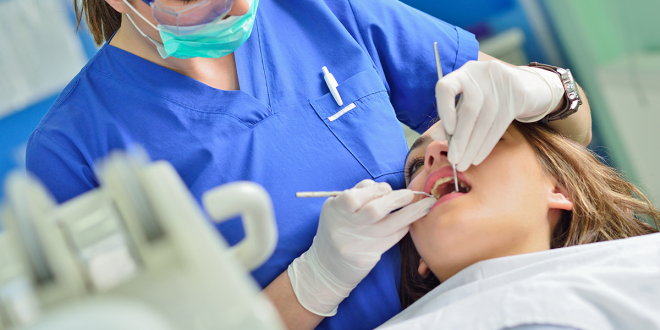Pregnancy encompasses pretty much every organ within you: your body will be busy pooling all available resources into building and nurturing the tiny person inside. This means that any health decisions you make during this time will impact two people. This is a fascinating and daunting responsibility, and all across Ocala, it is frequently carried from the OB/GYN’s office into the family dentist’s waiting room.
Why Is Dental Care Important During Pregnancy?
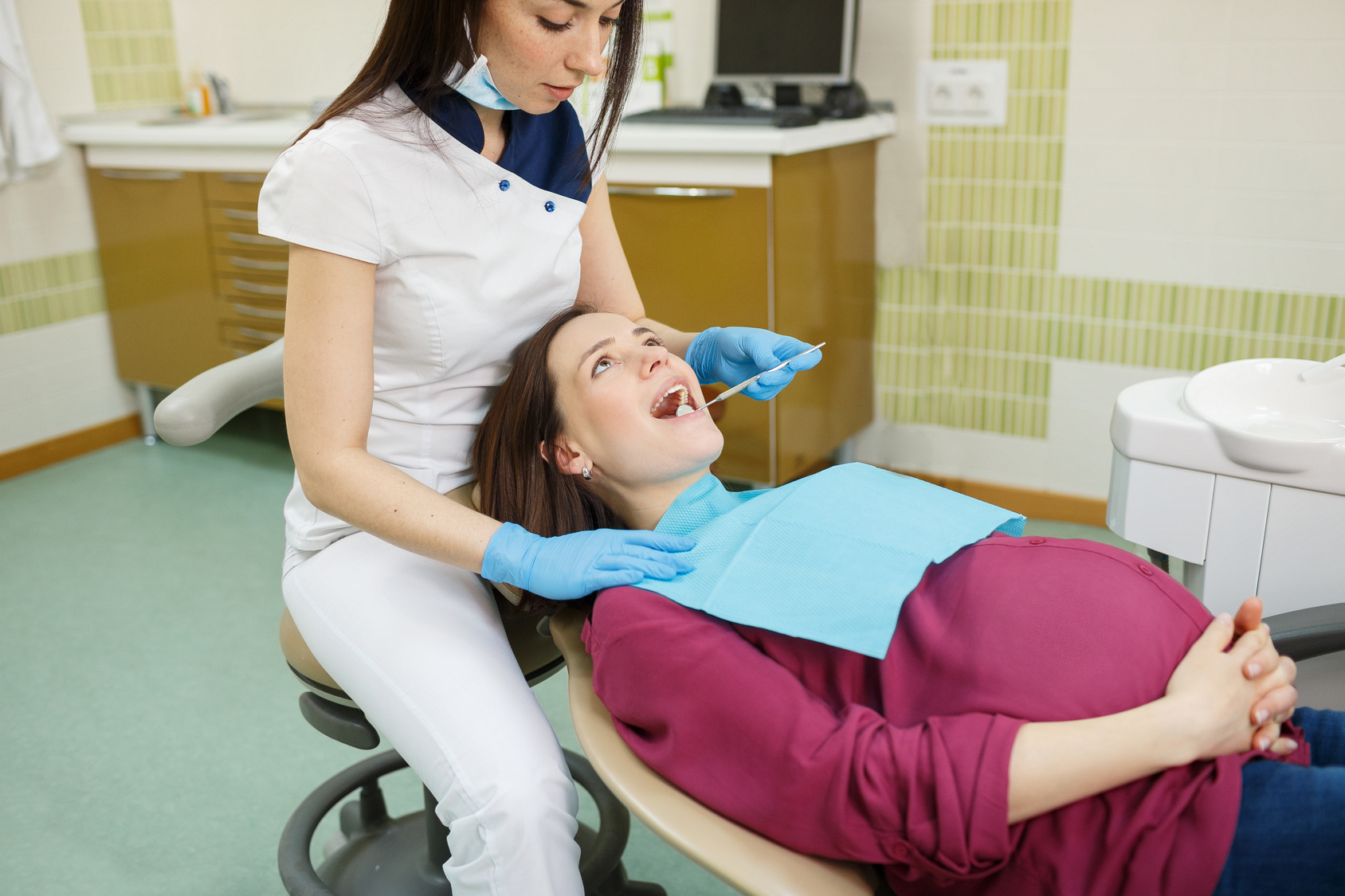
Oral health is often a major cause of concern for pregnant women. The bodily changes that come as a natural part of pregnancy can often carry significant risks to short and long-term oral health.
– Damage to your enamel or pre-existing crowns. Morning sickness and the frequent vomiting it produces can wreak havoc to the layer of enamel protecting your teeth. If you have crowns or bridges, these may also be damaged by frequent retching.
– Gingivitis and gum disease. A large number of pregnancy hormones circulating around your body while expecting can cause many unwelcome side effects. In particular, the hormone progesterone is linked to gingivitis (bleeding and inflamed gums).
– Cavities. Weak gums and damaged enamel, in turn, sharply increase the risk of developing cavities and infections. These are not just painful for you: studies show oral infections are linked to a higher chance of premature or low-birth-weight babies.
Filling out cavities or getting new dental crowns in Ocala may seem like mundane procedures, but they actually become significantly harder to perform on pregnant women. Many common anesthetics and antibiotics can’t be used during pregnancy, as they can easily cross into the womb and affect the baby.
In addition, X-rays will need to be kept at a minimum in order to protect your baby from radiation. Because of this, most dentists prefer to postpone any non-emergency dental procedures until after the pregnancy is over.
It’s a good thing that playing it safe is fairly simple! The following tips will help you take better care of your teeth during pregnancy.
1. Talk to Your Dentist
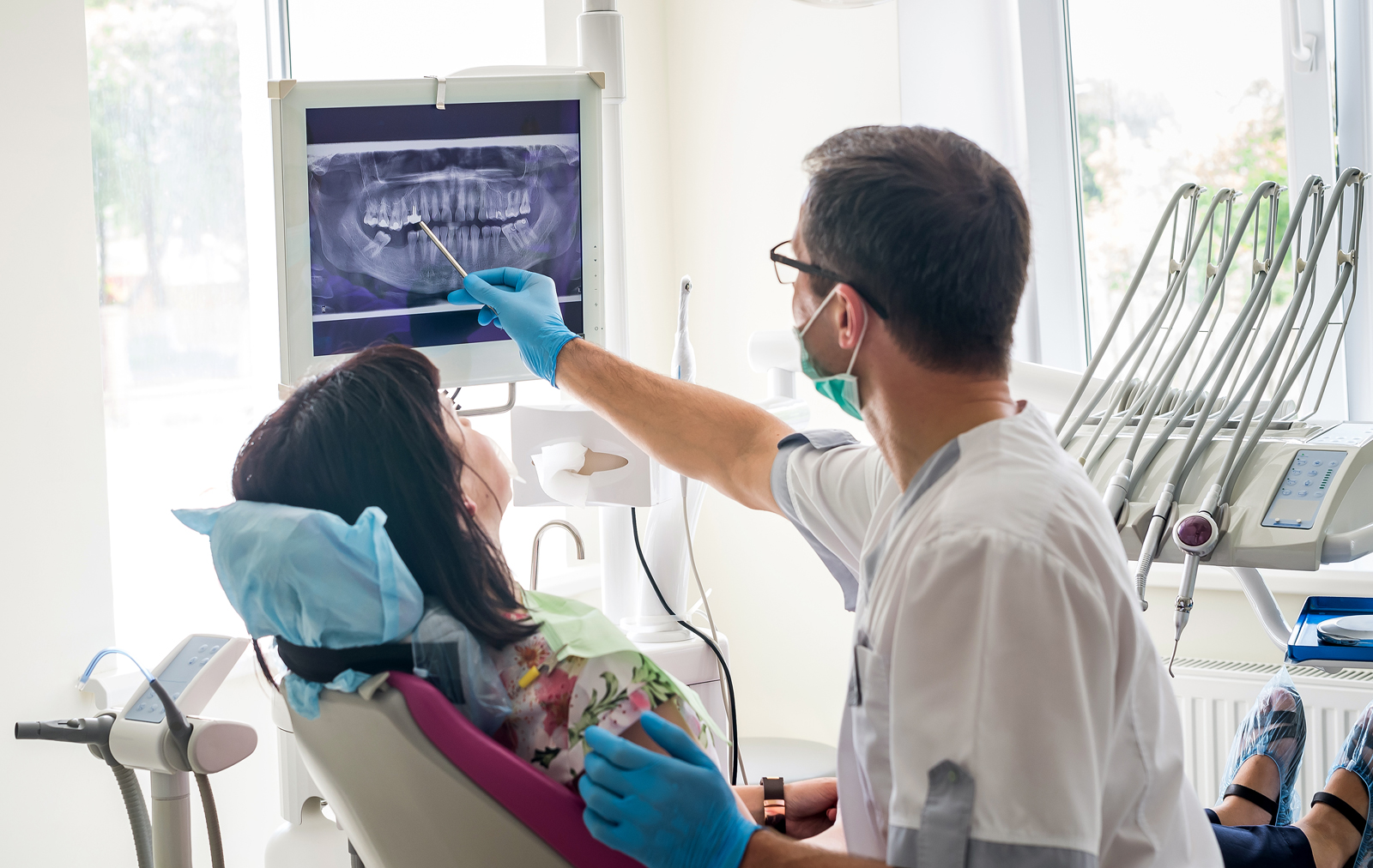
According to Vipcare Dental Ocala, no matter if you are already pregnant or are simply planning to have a baby soon, you should tell your dentist during your next visit. Your local dentist should be able to reschedule other appointments. If an emergency happens and you end up needing a prescription or X-rays, this will also let them take all necessary precautions to safeguard the baby’s safety – such as lead aprons for X-rays.
2. Be Extra Thorough with Dental Hygiene
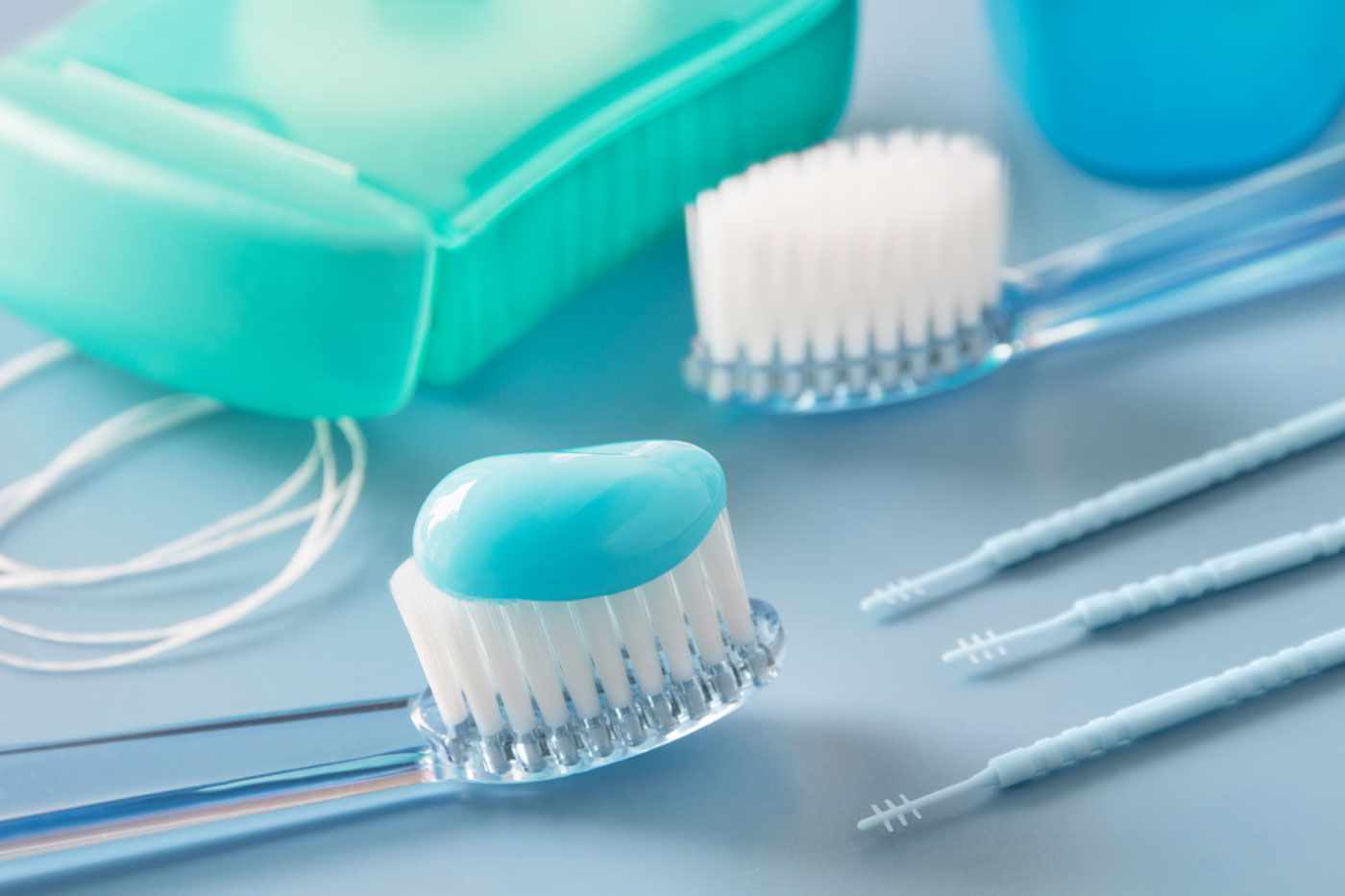
Dentists never want you to skip flossing or a deep-cleaning appointment – but this will become extra important while you are pregnant. Proper dental cleaning during pregnancy will include:
– Brushing and flossing at least twice a day
– Using an ADA-Certified fluoride toothpaste when brushing
– Rinsing your mouth after any sugary snacks
3. Minimize the Damage from Morning Sickness

For many women, the occasional episode of uncontrollable nausea won’t be avoided, but it will also be quickly forgotten. Severe cases, on the other hand, may even hinder normal dental hygiene: many women report brushing is one of the main triggers for vomiting. Other women simply grow to hate the flavor of mouthwash or find that they just can’t use so much.
There are many ways to deal with this. You can try replacing your toothpaste with a flavor-free version or replace mouthwash with a mixture of warm water and baking soda.
4. Keep a Healthy Diet

The effects of pregnancy on your teeth do not end with pregnancy itself. As your body is going to be drawing calcium from your bones in order to develop the baby’s skeleton, it will be up to you to ensure you replace it in time. Most of your special diet needs while expecting are covered by your pre-natal vitamins, but it never hurts to double-check you are getting enough calcium and Vitamin D.
5. Control the Cravings

It would be cruel to demand a pregnant woman to completely resist all late night cravings. While chocolate right before bed may be harmful to your already-damaged enamel, you can still keep the damage to a minimum if you brush your teeth after any sugary treats.
Sugar-free sweets, or those sweetened with xylitol instead of traditional sugar, can also help protect your teeth from developing cavities.
6. Pay Attention to Any Developing Symptoms
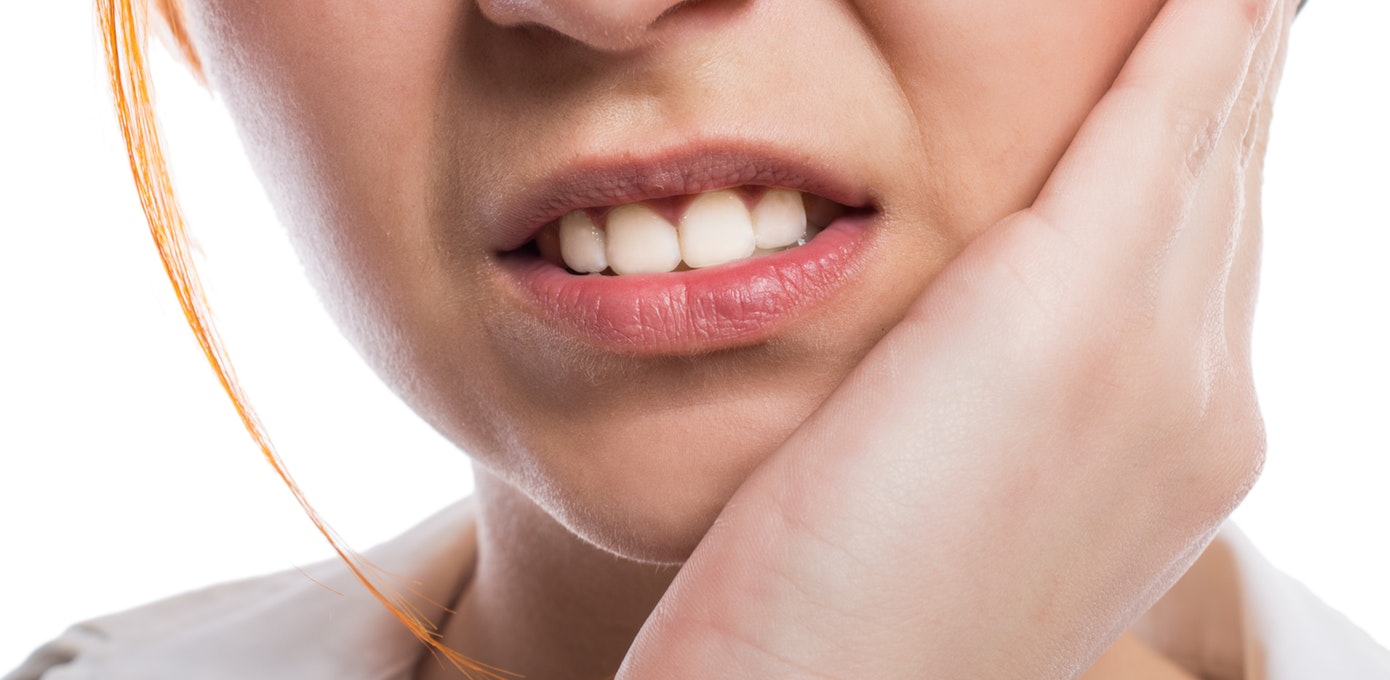
Even the best preventative plan can never ensure that nothing will happen. Treating a cavity or replacing a crown while pregnant may be uncomfortable, but letting the symptoms fester would be much worse. You can prevent this by keeping an eye out for any red flags: if you start noticing extra blood after brushing your teeth or any tenderness in your molars, call your dentist and get it fixed right away.
In short, keeping healthy during pregnancy may feel sometimes like it’s twice as much work, but it’s also three times as important. Now is the time to follow all those hygiene guidelines we are prone to forget. Keep an open line of communication with your dentist and an eye out for labels. In no time, you will be taking the little one to their first dental check up!
 Vermont Republic Second Vermont Republic
Vermont Republic Second Vermont Republic
